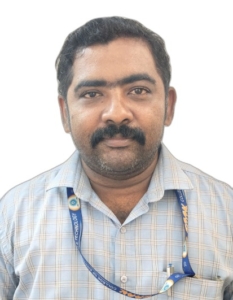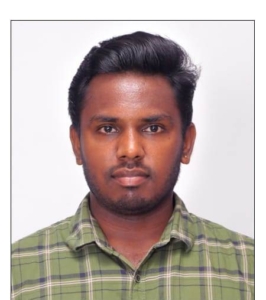ELECTRICAL & ELECTRONICS ENGINEERING
The Department of Electrical and Electronics Engineering was started in the year 2014. The Department offers Under-Graduate program in Electrical and Electronics Engineering with an intake of 60 students. Highly qualified faculties and skilled supporting staff are the strength of the Department. We offer high quality education and training for all students. The Electrical engineers generally design, develop, test, and supervise the manufacture of electrical equipment. Electrical engineering focuses on the generation and supply of Electric power. The demand for electrical power and electronic systems is increasing rapidly and electrical & electronics engineers are in great demand to meet the requirements of the growing industry.
DEPARTMENT VISION
To lead in Electrical and Electronics Engineering, producing ethical engineers solving societal challenges through innovation.
DEPARTMENT MISSION
- Attain global prominence in Electrical and Electronics Engineering.
- Equip students with cutting-edge technologies through outcome-based education.
- Enhance teaching capabilities and foster research and career growth among faculty.
- Foster collaborative, multidisciplinary activities for complex problem-solving.
- Provide hands-on education to establish excellence in Electrical Engineering.
B.TECH – ELECTRICAL & ELECTRONICS ENGINEERING
The Department is Offering an Undergraduate degree program in Electrical & Electronics Engineering, It is a Four year degree program.
Curriculum Focus:
| Mathematics | Linear Control System |
| Physics | Pulse and Digital Circuits |
| Chemistry | Object Oriented Programming |
| Basic Civil and Mechanical Engineering | Analog and Digital Integrated Circuits |
| Engineering Mechanics | Transmission and Distribution |
| Communicative English | Power Electronics |
| Material Science | Measurements and Instrumentation |
| Environmental Science | Communication Engineering |
| Basic Electrical and Electronics Engineering | Power System Analysis |
| Engineering Thermodynamics | Utilization of Electrical Energy |
| Computer Programming | Microprocessors and Applications |
| Electric Circuit Analysis | Electrical Machine Design |
| Electrical Machines | Digital Signal Processing |
| Electronic Devices and Circuits | Energy Engineering |
| Electromagnetic Theory | Industrial Management |
| Fluid and Thermal Machines | Power system operation and control |
| Electronic Circuits |
Career Pathways:
| Electrical Engineer | Application Engineer |
| Instrumentation and control engineering | Broadcast Engineer |
| Electrical Design Engineer | Computer Engineering |
| Telecommunications engineering | IT Consultant |
| Engineer | Program Manager |
| Product based companies | Robotics |
| Aerospace engineer | Sales Engineer |
ELIGIBILITY
Candidates should have passed the +2 (H.Sc.) (Academic) examination conducted by the Board of Higher Secondary Examination of Tamil Nadu, or any other equivalent examination thereto, with a minimum of 45% marks (40% marks for OBC / BCM / MBC / EBC / BT / SC / ST – candidates) in aggregate, in the prescribed subjects, namely, Mathematics, Physics and any one of the following optional subjects : Chemistry / Bio-Technology / Computer Science / Information Technology / Informatics Practices/ Technical Vocational Subject / Agriculture / Engineering Graphics / Business Studies/ Biology / (Botany & Zoology).
OR
Passed min. 3 years Diploma examination with at least
45% marks (40% marks in case of candidates belonging to reserved category) subject to vacancies in the First Year, in case the vacancies at lateral entry are exhausted.
(The Universities will offer suitable bridge courses such as Mathematics, Physics, Engineering drawing, etc., for the students coming from diverse backgrounds to achieve desired learning outcomes of the programme).
PROGRAM EDUCATIONAL OBJECTIVES
- Apply their knowledge and skills to provide solutions to electrical and electronics engineering problems in industry and governmental organizations or to enhance student learning in educational institutions
- To provide good knowledge of Electrical power apparatus and their applications in power systems
- Design solutions for complex engineering problems and design system components or processes that meet the specified needs with appropriate consideration for the public health and safety, and the cultural, societal, and environmental considerations.
- Communicate effectively on complex engineering activities with the engineering community and with society at large, such as, being able to comprehend and write effective reports and design documentation, make effective presentations, and give and receive clear instructions.
- Update their knowledge continuously through lifelong learning that contributes to personal and organizational growth.
PROGRAM OUTCOMES
- Electrical and Electronics Engineering graduates will be able to:
- PO-1. Apply the knowledge of mathematics, science and engineering fundamentals to solve problems in the domain of electrical and electronics engineering.
- PO-2. Identify, formulate and analyze problems in electrical and electronics engineering.
- PO-3. Develop solutions to problems in the field of electrical engineering for sustainable development of society.
- PO-4. Analyze and investigate complex electrical engineering problems and identify the most appropriate solution amongst many.
- PO-5. Use state-of- the- art tools including Information and Communication Technology (ICT) to solve problems in the field of electrical engineering.
- PO-6. : Apply reasoning skills to address social engineering problems
- PO-7. Apply knowledge of electrical engineering with due concern to environment and society.
- PO-8. Practice ethics and discharge responsibilities in their professional domain.
- PO-9. Ability to function effectively as an individual, team member or as a leader in diverse teams.
- PO-10. Ability to document and communicate effectively with engineering fraternity and society.
- PO-11. Awareness and exposure to managerial and financial practices.
- PO-12. Engage in lifelong learning, dedicated to best engineering practices in a technologically changing scenario.
PROGRAM SPECIFIC OUTCOMES (PSO)
- System Design: Design and develop complex electrical and electronic systems.
- Sustainability: Develop sustainable solutions in power generation, transmission, and distribution.
- Research and Innovation: Conduct research and innovate in electrical and electronics engineering
Course Outcomes (COs)
FACULTY DETAILS

Mr. B. Murugan
B.Tech., M.E.,(Ph.D)., MISTE.,
Sr.Asst.Prof / HOD

Mr. V.Malarselvam
B.Tech., M.Tech.,(Ph.D).,
Assistant Professor
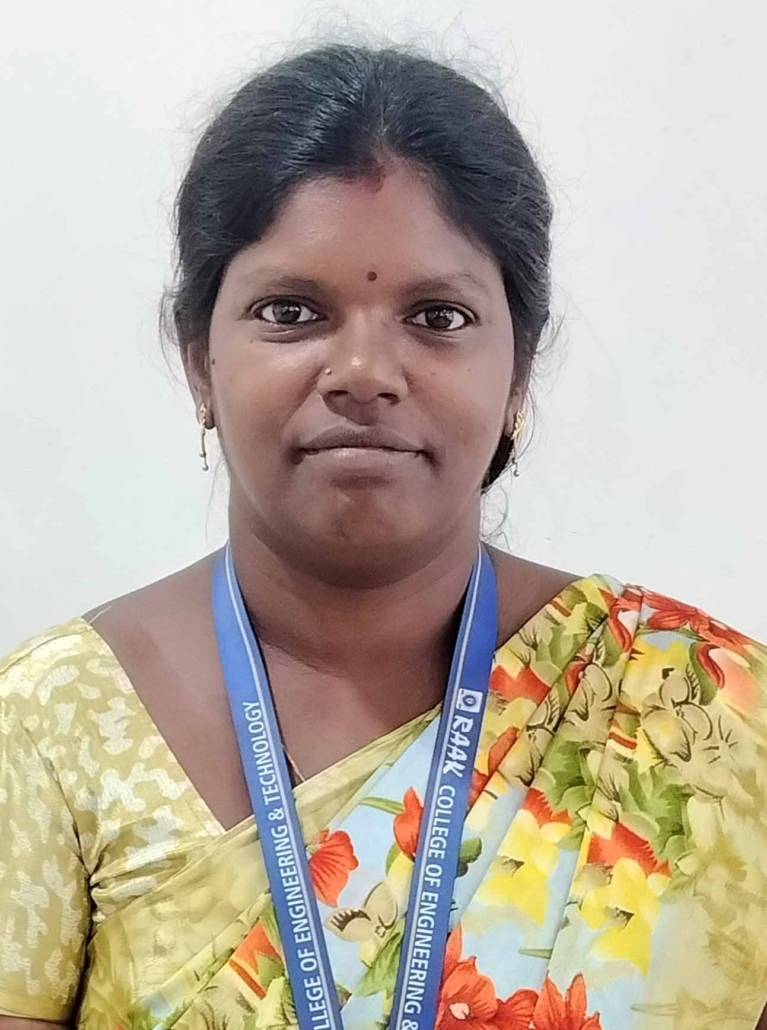
Mrs. K. Gowri
B.Tech., M.Tech.,
Assistant Professor
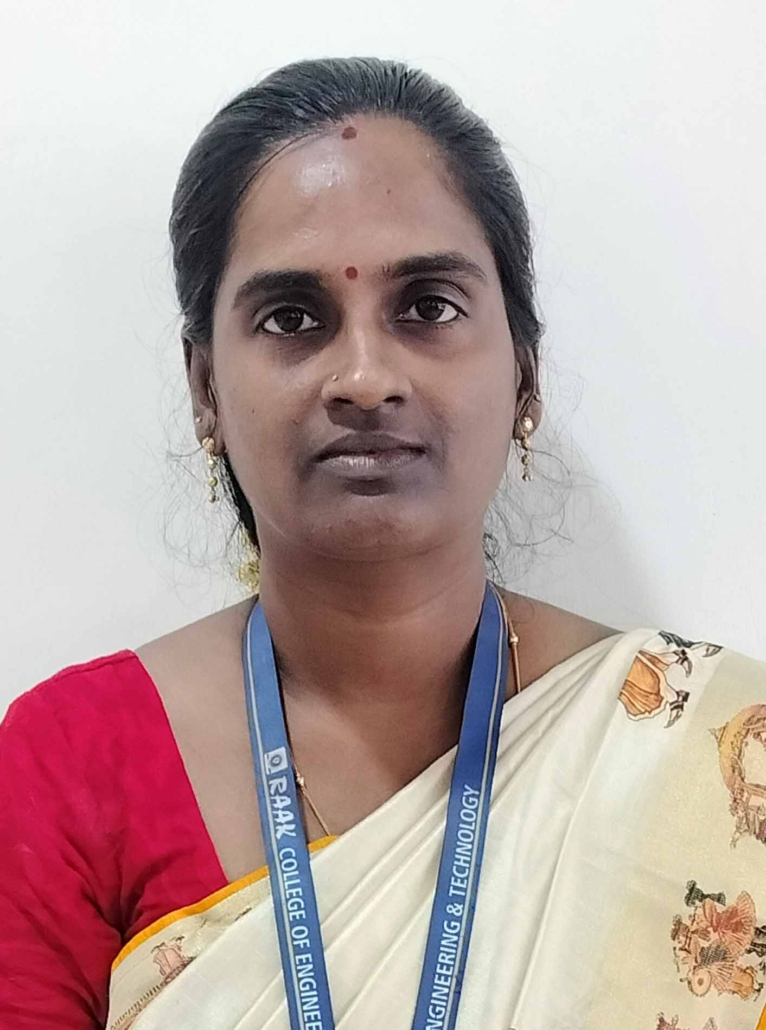
Mrs. R. Manimegalai
B.Tech., M.Tech.,
Assistant Professor
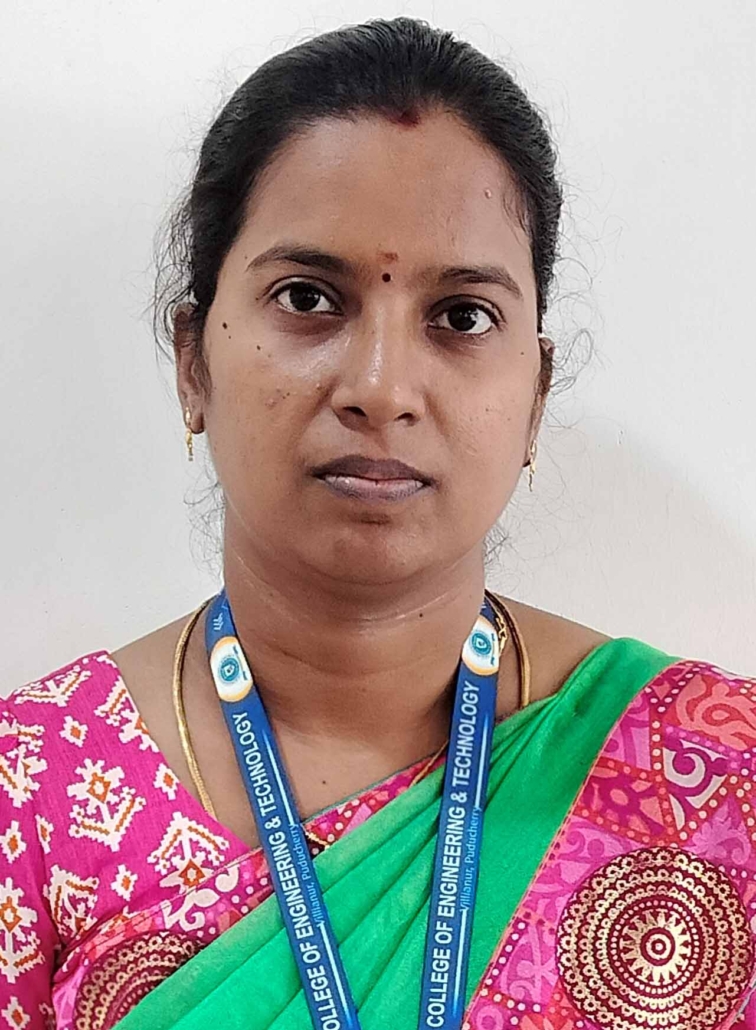
Mrs. R. Alamelu
B.Tech., M.Tech.,
Assistant Professor
EVENTS
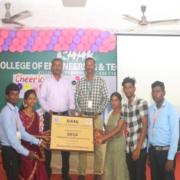
RESA Valedictory & Farewell
Date: 13.6.23

Farewell Admission poster
Date: 21.6.23
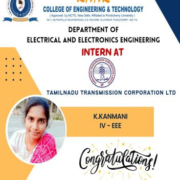
Congratulations Poster for Ms. K. Kanmani, IV yr EEE have secured an Internship @ Tamilnadu Transmission Corporation Ltd.
Date: 18.10.23
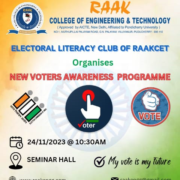
The Electoral Literacy Club of RAAKCET successfully conducted a New Voter Awareness Program
Date: 24.11.23

 UNIVISER
UNIVISER



